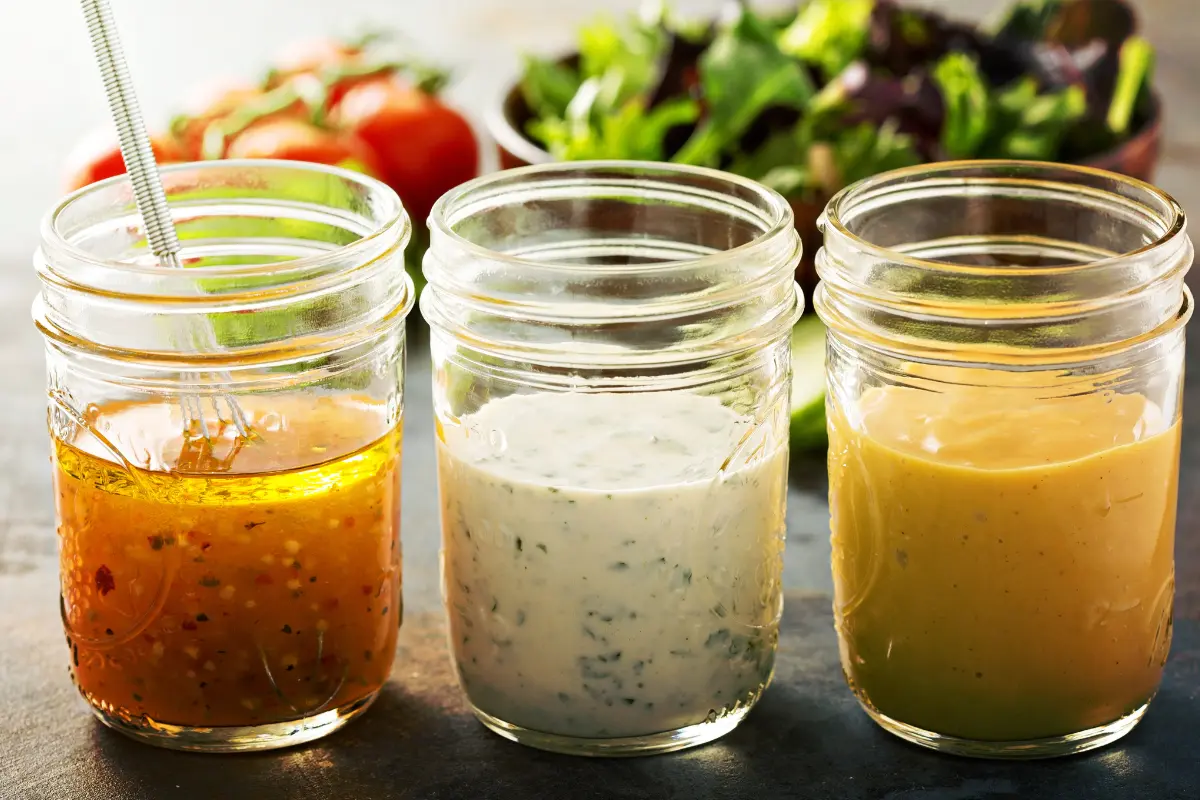
As an athlete, understanding your calorie needs can feel overwhelming. This is especially true when you're trying to strike the right balance between performance, recovery, and maintaining a healthy relationship with food.
The truth is, while precision has its place in high-performance nutrition, not every athlete thrives on long-term, detailed tracking. In fact, many find that estimating calorie needs for your sport can be done effectively without obsession.
Let’s explore how to understand your unique nutritional needs in a realistic, sustainable way. so you can fuel for performance while preserving your mental and emotional health.
Why Calorie Needs for Athletes Are So Unique
Unlike the general population, athletes have fluctuating energy demands based on training volume, intensity, body composition goals, and recovery needs. Your calorie needs might vary greatly from day to day or week to week, especially during competition season or intense training cycles.
Even within similar sports, no two athletes are the same. Age, gender, muscle mass, sleep quality, stress, and hormones all influence how much energy you need. That’s why a one-size-fits-all approach doesn’t work, and why listening to your body can be a powerful tool.
Advertisement
How to Estimate Calorie Needs Without Over-Tracking
Logging and tracking your food is one of the most accurate and proven ways to determinee your overall calorie and macro needs. You don’t need to live by your food scale long-term to eat well for your goals. Here are a few non-obsessive ways to estimate your calorie needs as an athlete:
Watch Your Performance and Recovery
Are you feeling strong in training? Recovering well between sessions? Sleeping soundly? These are key signs your fuel intake is on the right track.
Notice Hunger and Fullness Cues
After consistent training, your body’s hunger signals tend to regulate. Don’t ignore hunger, especially if it increases with training volume. Eating enough supports recovery and helps avoid burnout or binge episodes later.
Track Patterns, Not Perfection
Instead of logging every calorie, try keeping a simple journal of meals, mood, energy, and performance. This can help you spot trends, like under-fueling on high-output days or not recovering well after long sessions.
Advertisement
Consider plate visuals
Use the "performance plate" method:
Easy/recovery days: ½ plate veggies, ¼ protein, ¼ carbs
Moderate training days: ⅓ protein, ⅓ carbs, ⅓ veggies
Intense training days: ½ plate carbs, ¼ protein, ¼ veggies




Advertisement
The Role of Intuitive Eating for Athletes
Intuitive eating for athletes doesn’t mean ignoring structure; it means respecting your body’s signals alongside your athletic needs. You might still plan meals and snacks around training windows, but you’re also allowing hunger and satisfaction to guide you.
This approach can help athletes break free from rigid food rules, heal from disordered eating, and reconnect with the joy of fueling their bodies.
Some tips:
Eat every 3–4 hours to stay ahead of hunger.
Advertisement
Prioritize carbs and protein pre- and post-workout.
Don’t skip meals, even on rest days.
Reflect on how meals make you feel physically and emotionally.
When More Precision Might Be Helpful
While this post encourages a non-obsessive approach, there are times when more structure can help:
If you’re new to sports nutrition and want to learn basic needs
Advertisement
During cutting/bulking phases with specific body composition goals
If you’re recovering from RED-S or have a history of chronic under-fueling
When working closely with a certified coach or registered dietitian who’s teaching you how to fuel better
Final Thoughts: Fueling Without Fear
You don’t have to count every calorie to be a successful, well-fueled athlete. By tuning into your energy levels, hunger cues, training demands, and performance outcomes, you can estimate your calorie needs as an athlete in a way that supports both your goals and your mindset.
If you’re unsure where to start, consider working with a WAG nutrition coach who understands both the science and the emotions behind fueling for sport. Remember: food is fuel, but it’s also joy, connection, and freedom.
Advertisement
Schedule a Free Intro Call
Working Against Gravity has led the macro tracking and health space for over a decade. Our team doesn’t just understand the science of nutrition—we’ve spent years mastering the art of tailoring it to fit your life. That means no cookie-cutter plans, just real strategies that have worked for over 30,000 people.
Schedule a free call with our team to learn how working with a 1-on-1 WAG coach will help you reach your goals.



